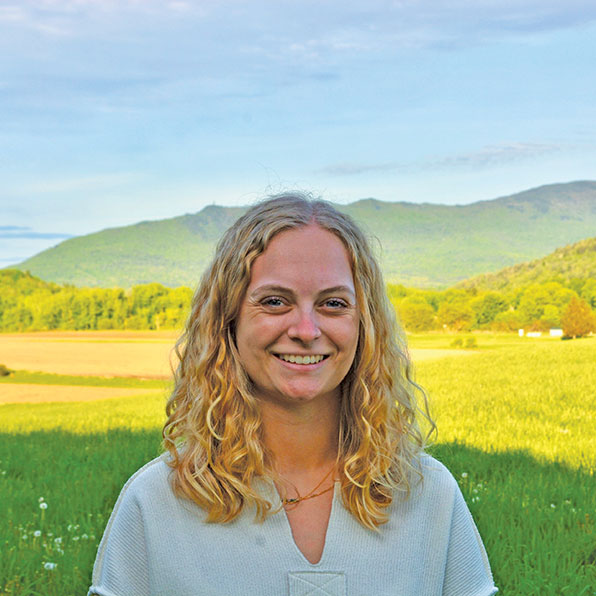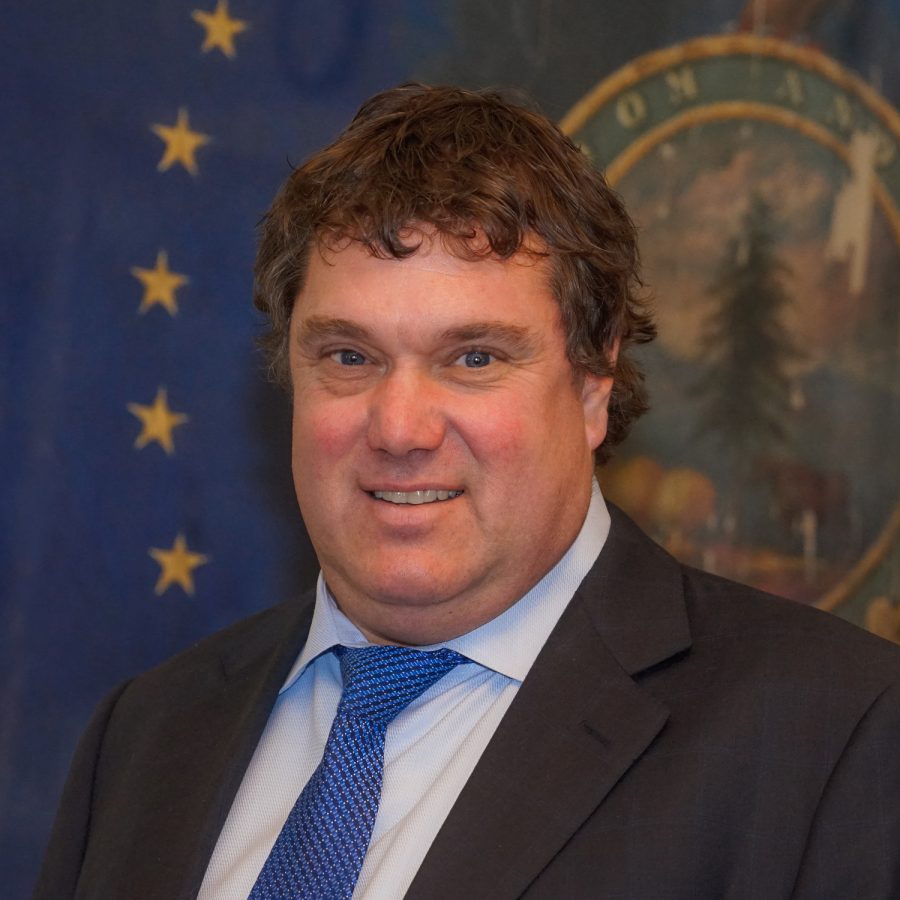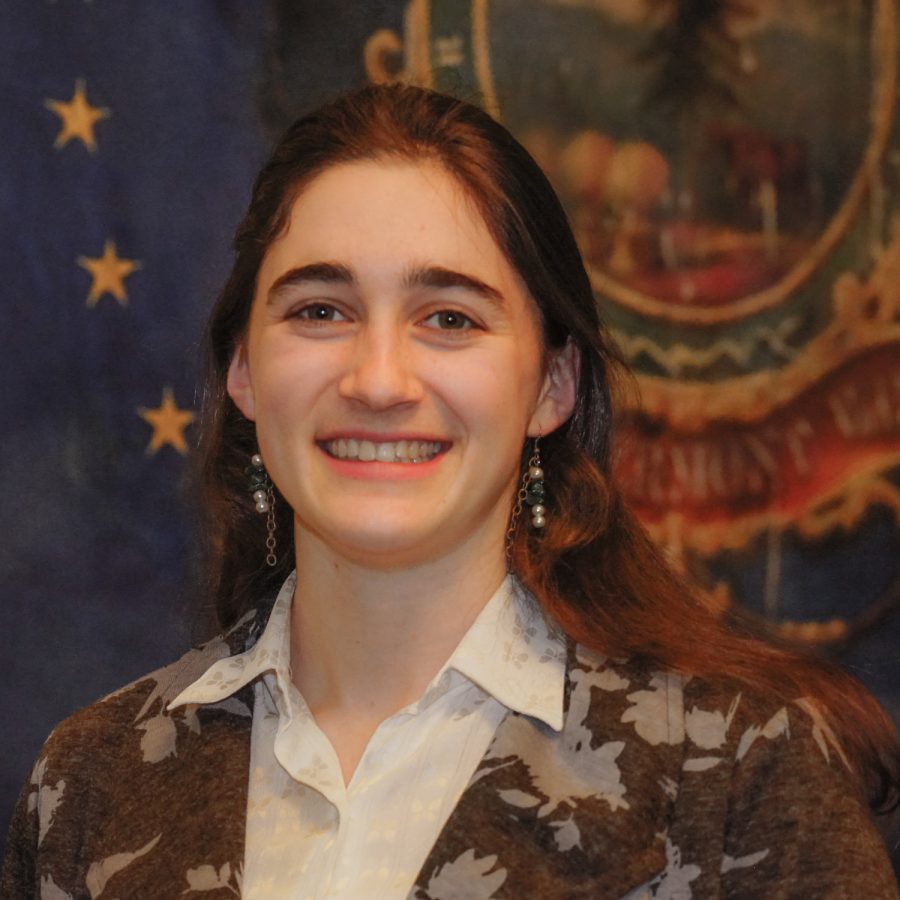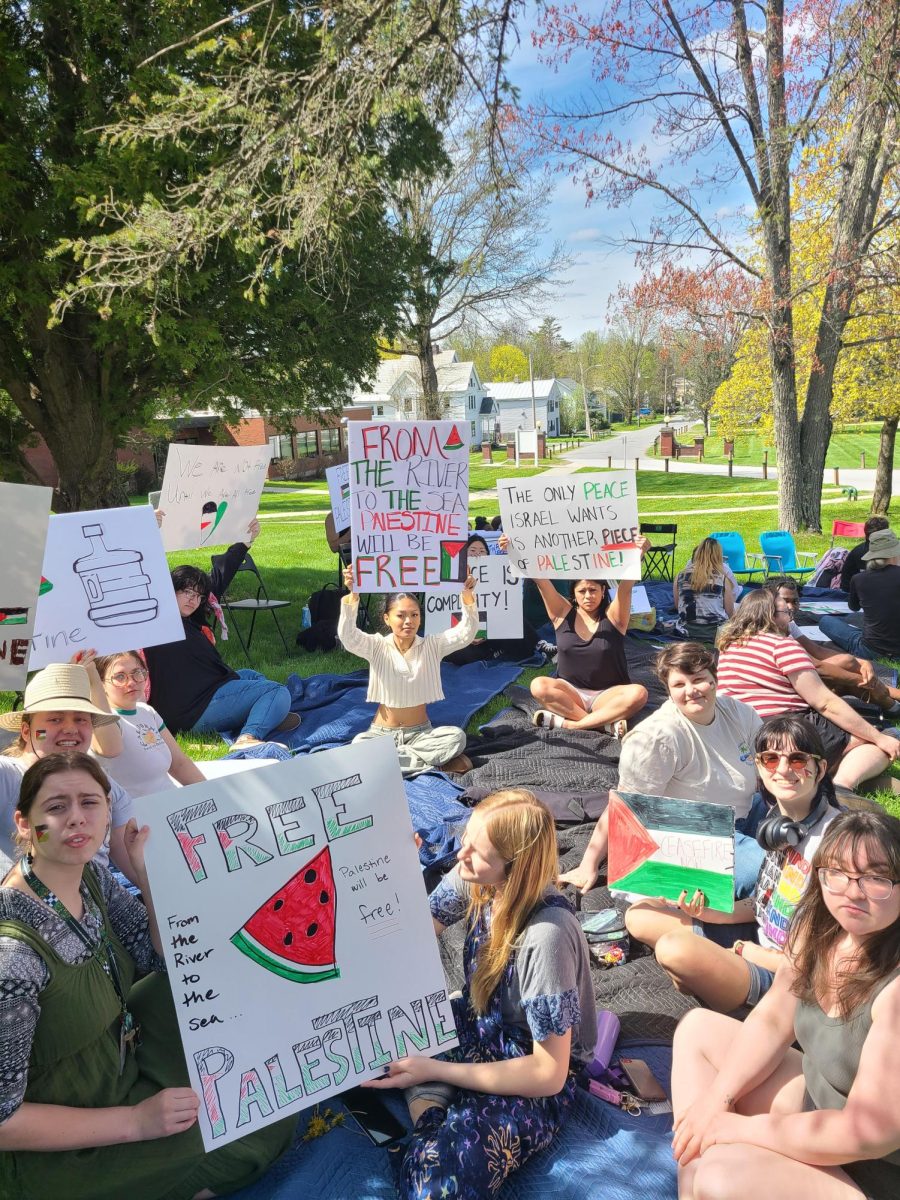As I entered Bentley 207 to witness “Silenced Voices” on Nov. 14, I didn’t know what to expect.
Living in Vermont I have had the pleasure of meeting a few of the migrant workers who traveled here from Mexico to work on our dairy farms. What I didn’t realize was the level of fear that these workers face each and every day while they are in the United States.
As Migrant Justice presented the hardships of migrant workers on dairy farms right in our own backyard, I began to wonder how many of them are forced to live in secret, hidden in their places of work because they have no transportation and are afraid of being deported.
These Mexican workers should have rights wherever they are, and their hard work is being exploited.
Do you like milk? Ice cream? Well, our $560-million dairy industry produces these items, and it also depends on migrant work, so we should protect our dairy industry by protecting those who provide for us.
We live in a country that was founded upon immigration and the mixing of many different races and cultures. So why then do undocumented, or “illegal” immigrants (as the government would refer to them) have to look over their shoulder every day, wondering whether they’ll be deported, when all they want are the freedoms that the United States declared upon its independence?
Danilo Lopez, a migrant worker, speaking after the showing of the documentary, said, “I would like to clarify that I don’t think anybody is illegal, no human being is illegal.”
The act of crossing the border without authorization is illegal, though, even if Mexicans do not migrate to the US to cause trouble. They come to earn money for their families back home that live in impoverished villages like Chiapas.
What these workers find when they get here are farmers who are in dire need of people willing to work 60-80 hour weeks, and a government that is unwilling to supply them with the proper documentation to avoid the constant fear of sudden deportation.
Migrant dairy farm workers, because they are year-round laborers rather than seasonal, have no way of obtaining work visas. Lopez mentioned that even if they were available for dairy workers, which they are not, being of a poor economic background would make it impossible to obtain one.
They would go through months of paperwork, and a large sum of money just to find out that they would be rejected. The government says they are taking jobs that Americans could be occupying during a time when our unemployment is high.
That is not a valid excuse, in my opinion, because migrant workers are finding jobs on farms that many Americans have no desire to do, and the farmers who need their help have been unsuccessful in finding anyone but these undocumented workers.
They also have no way to travel to the store, hospital, etc., so they are forced to rely heavily upon their employer. In some cases, their employer would bring them out to get food, and after being stopped for a small traffic violation, the worker would be deported for being unable to produce documentation. They have not committed a crime; the issue is that they were simply seen by the police or border patrol. After hearing this I was happy to learn that thanks to Migrant Justice’s work, a law was passed stating that a police officer cannot ask for a suspected undocumented worker’s papers unless they actually committed a crime.
Mexicans risk their lives to make a living here in Vermont. They work in dangerous environments and thankfully, as of 2009, they have found support with Migrant Justice, which was formed after a young dairy farmer, José Obeth Santiz Cruz, died tragically on a dairy farm in Franklin County.
“Silenced Voices” touched me in a way that not many documentaries ever have. It gave me hope that my neighbors and friends can stand up for a cause in which they believe. Migrant workers silently and invisibly affect our daily lives, so we should stand up for their rights.








